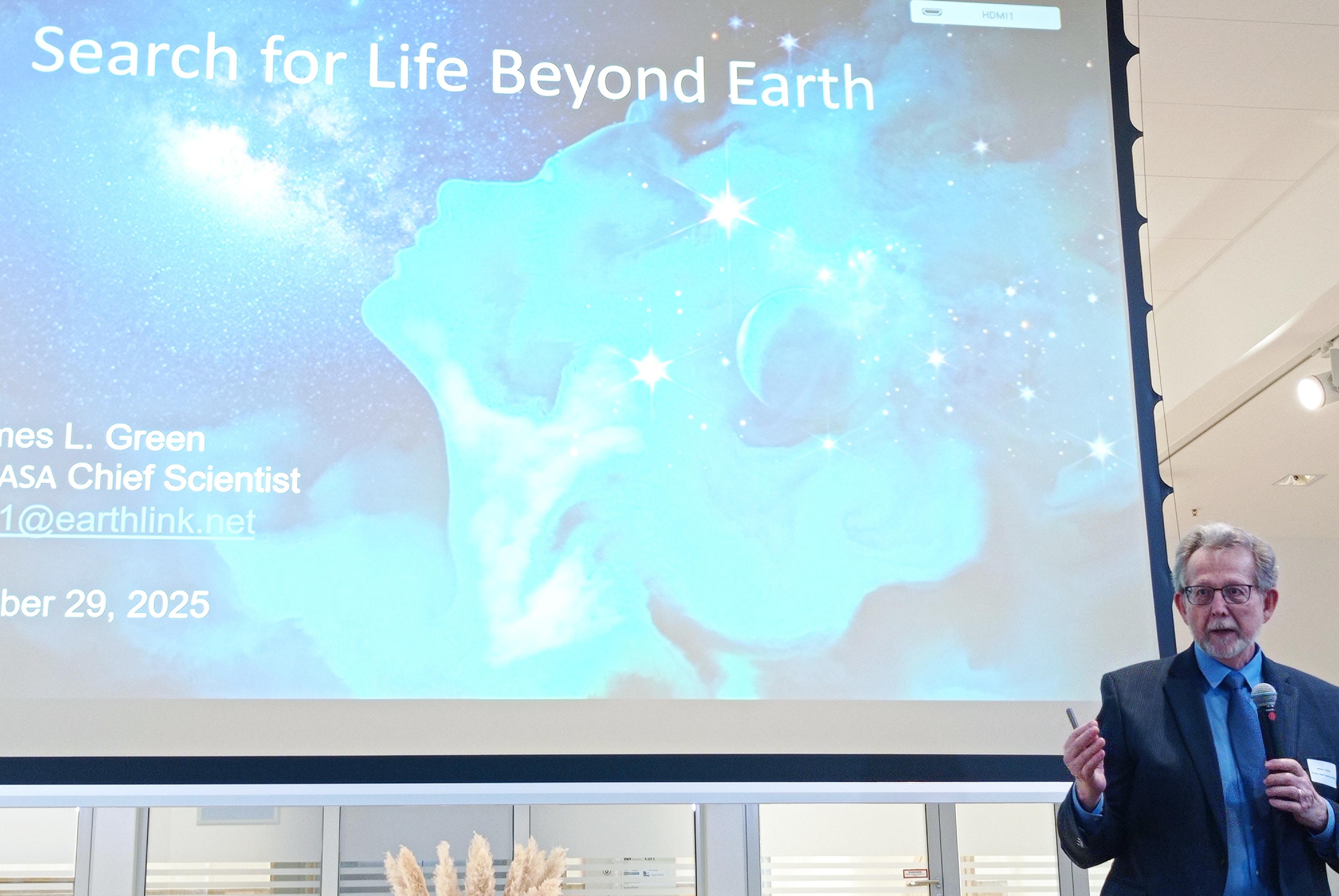2025-12-20 18:17:15
Twenty minutes ago, I sent what I hoped could be my last private message to a moderator. The closing word there was "Respect"; I'll continue this respect by not addressing him in this toot.
@… it's certainly not a bad attitude – if you know a background that most people do not. Consider this quote from the subsequent comment:
"… S…
2025-12-11 09:00:22
The timing of this act of piracy and theft by the USA's Trump regime is revealing: the day the Venezuelan coup supporter (who called for invasion of her country) incomprehensibly receives the Nobel peace prize.
It's theatre, but of an extremely ominous form.
US seizes oil tanker off Venezuela as Caracas condemns 'act of piracy'
2026-01-08 15:07:55
The US military has always had a massive global advantage against enemies by having bases all over the world. There are bases in every NATO country. This would appear to be a powerful threat to anyone willing to oppose American hegemon, and under normal conditions it would be.
But a lot of those kids serving on those bases joined, not because they love America but, because they needed a ticket out of poverty. They joined for the education, for the money, maybe a bit for the adventure, but, more than anything, to escape the ghetto or podunk backwater that trapped them. Under normal times, this is the best deal they could expect. Maybe they risk their lives, usually they sit around being bored for a few years, and they get to come out with respect and paid college.
But what they are being offered is normal in most of the countries they're stationed in. Free healthcare, cheap or free education, is just what citizens in a lot of countries have come to expect. If the US attacked a NATO country, how many would snap up citizenship if they were given a chance to defect? Bonus points for taking some hardware with you, I'm sure.
But there are some who love their country. There are some patriotic Americans on those bases. Some of them joined specifically to protect the US from all enemies, foreign *and* domestic. Given a chance to fulfill that oath or violate international law, what happens?
There are a good number of former military folks too who now are unsafe in the countries they served, who would do just about anything for citizenship in any EU country and almost any NATO ally. Some of those folks know things they swore an oath to never share, but the country they swore an oath to has betrayed them. Today there's no value in leaking those secrets, but in a war between the US and NATO allies things would be different. Some of those former military folks still believe in their oath, and know exactly who the real enemy is. What happens when there's a real threat of war, when they can use their knowledge to fulfill that oath to protect the US against those domestic threats?
There are a bunch of civilian tech workers who have become targets of the regime. Some of them had clearance, or know about the skeletons in the closet. They know about critical infrastructure, classified systems, all sorts of things that would be extremely valuable to an opponent. But the opponents of the US have always been a frightening *other*, never familiar societies these folks look up to, have visited, have thought about moving to, are trying to escape to.
All I'm saying here is that invading Venezuela and kidnapping the president has a very different calculus than does attacking Greenland. I don't know if Trump or his people are able to understand that, but if he and his folks aren't then I hope European leaders are. But more than that, I hope it never comes down to finding out.
But perhaps we should all think about what we would do to make sure things ended quickly if American leadership ever made such an incredible mistake.
2025-11-29 16:27:57
Ukraine’s political system is bracing for a “mini-revolution”
as the county’s president, Volodymyr Zelenskyy,
is forced to adapt to life without
his closest adviser, chief enforcer and most loyal associate,
Andriy Yermak,
who resigned on Friday
after his apartment was searched
as part of a widening anti-corruption probe.
Yermak was widely believed to control a network of Telegram channels
that poured dirt on those who crossed him,
a…
2026-01-05 02:10:07
They have a great “big” point here about incrementalism but also: fiber, water, and even minimal activity specifically are great first steps towards feeling better.
I suspect that a lot of us 1st-worlders feel lousy in part because we’re each paving our own way to T2D, colon cancer, and heart disease. @…
2025-10-29 20:03:24
Interesting corollary to the #Perseverance discovery in the Bright Angel formation on #Mars making headlines 1 1/2 months ago: at a public talk in Bochum as part of a mathematics outreach event - #Life Detection scale #MarsSampleReturnMission the rating could jump up to 5 or 6 after lab analysis.
Green also remarked that the sample tubes dropped by Percy are up for grabs for *any* spacefaring nation capable of doing a MSRM - including China though they don't plan to go after the Percy samples with their upcoming #Tianwen3 mission (https://en.wikipedia.org/wiki/Tianwen-3) as far as he has heard. And regardless of where they'll get their own samples they could advance the case for life, perhaps even extant, on Mars a lot - which Green feels has been all but made in the past decades of Mars research anyway. Oh, and he also thinks terraforming Mars is quite viable ...

